The weakening of the body’s immune defenses is a common phenomenon. This results in persistent fatigue and greater sensitivity to infections, diseases, and allergies. It most often affects adults, the elderly, and pregnant women.
As with many other functions of the human body, nutrition plays a crucial role. Indeed, certain foods contain nutrients and active principles capable of stimulating our defenses and protecting the body in case of immune deficiency.
Here is our selection of the 6 best foods to boost immunity. Join us after the list to understand the mechanisms involved in the functioning of the immune system and particularly the role of vitamin D.
Note: Incorporating these foods into your diet is a good way to strengthen your natural defenses. However, in case of significant immune deficiency, we advise you to consult a doctor for appropriate care.
1. Camu camu
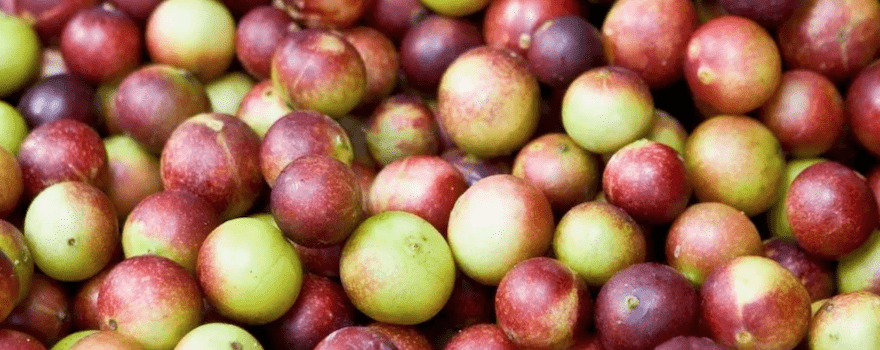
The camu camu, a small acidic fruit from Amazonia, stands out for its exceptional vitamin C (or ascorbic acid) content. It contains 16 times more than an orange and 20 times more than a kiwi!
Vitamin C actively contributes to invigorating our immune system. To do so, it supports various cellular functions, strengthens the barrier function against pathogens, and promotes the production of lymphocytes (white blood cells) as shown by this study.
Read also | What is the best vitamin D on the market?
How to consume it: because fresh fruits have a bitter taste, camu camu is most often consumed in juice or powder form (to mix in a smoothie, yogurt, milkshake…). It can also be used as a substitute for lemon because it is acidic.
2. Ginger

Rich in gingerol, the rhizome of ginger has antioxidant, anti-infectious, antimicrobial, and antiviral properties. It thus protects the body against free radicals, which impair natural defenses, and against many pathogens. Ginger is a very interesting food for the prevention of infections: colds, flu states, bronchitis…
How to consume it: delicious as an infusion, ginger can also be consumed fresh, in juice or powder form. Ginger powder is used to prepare tea or to season savory or sweet dishes.
3. Shiitake
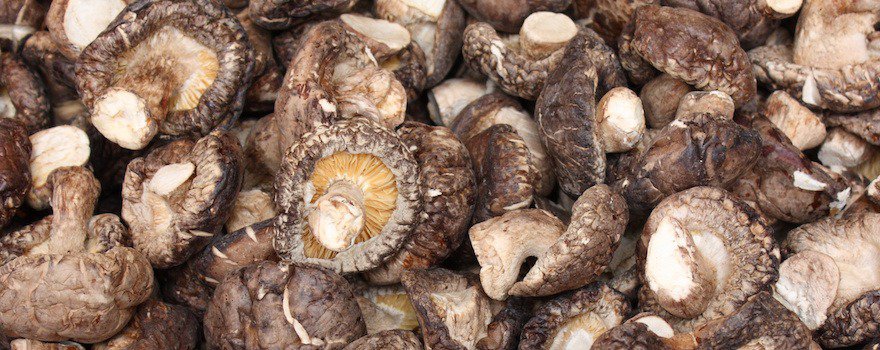
A medicinal mushroom with a brown cap, also delicious to cook. Shiitake is the second most cultivated mushroom in the world. Native to the Far East, it has many health benefits, specifically for immunity, thanks to a polysaccharide it contains, lentinan. It is also rich in vitamin D and minerals that stimulate the immune system.
In Asia, it is used in extract form as medication to help chemotherapy patients or HIV-positive individuals, to strengthen their immune systems. This study shows the effectiveness of shiitake on immune system markers (inflammation levels…).
Read also Under the Pavements, the Shiitakes! How La Caverne is growing them in the heart of Paris
How to consume it: we prefer organic shiitakes since mushrooms absorb everything! Fresh, they can be sautéed or grilled with other vegetables. As dietary supplements, liquid extracts or capsules containing dried shiitake powder are available.
4. Green Tea
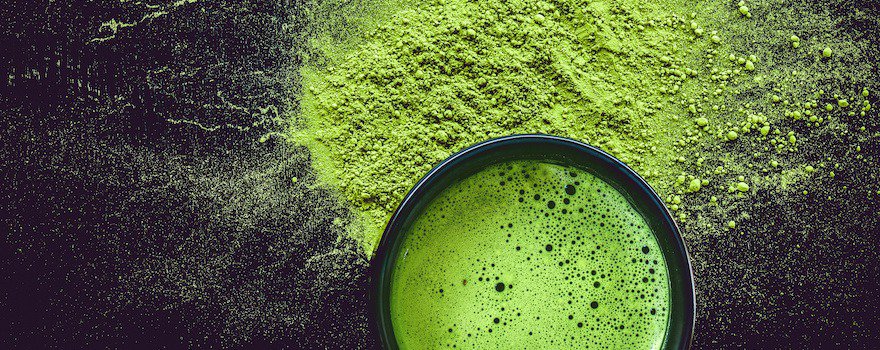
Green tea has beneficial effects on the immune system. It notably promotes the production of cytokines, hormones secreted by T lymphocytes and involved in the body’s immune response.
Green tea contains theanine, an amino acid that, in addition to promoting mental well-being, enhances immune system performance as highlighted by this review.
How to consume it: green tea is generally prepared in infusion and can be flavored with lemon, mint, ginger… try matcha, a fine powder made from ground green tea leaves traditionally consumed in Japan.
5. Turmeric
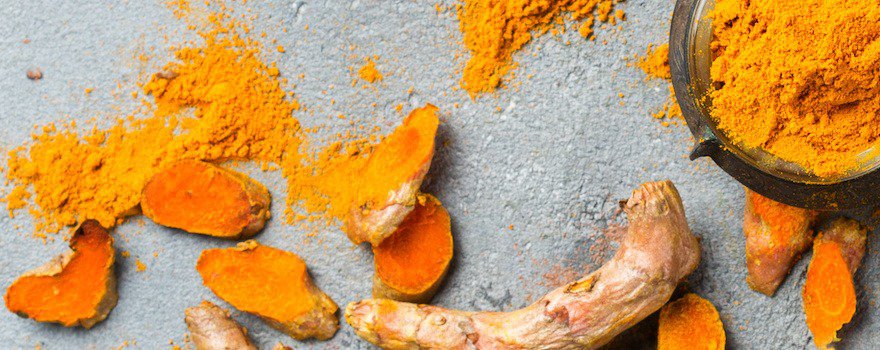
The turmeric contains an ideal nutritional composition to strengthen the immune system. Filled with vitamins and minerals, it is very rich in vitamin C (25.9 mg per 100 g). It also contains curcumin, a yellow-orange pigment with antioxidant and antiviral action.
As this study shows, curcumin increases the levels of lysozyme, a molecule involved in defending against bacterial infections, and immunoglobulins that protect the body against microbes.
How to consume it: grated or cut into pieces, turmeric will flavor your vegetable dishes, soups, salads… You can also use turmeric powder to add to your smoothies, infusions, and health drinks.
Read also | Buying Guide: The Best Curcumin
6. Kefir
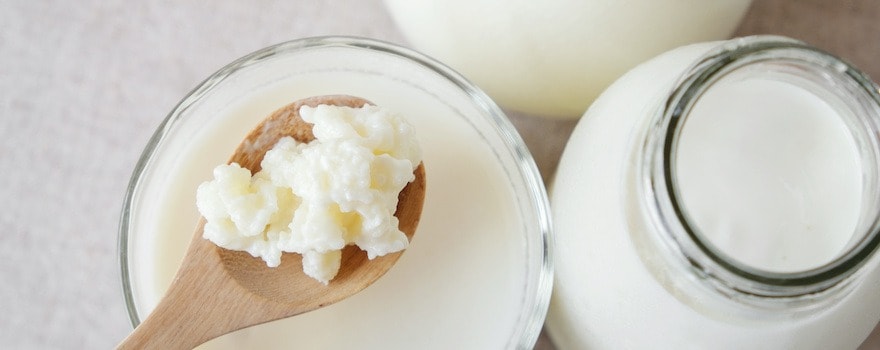
Kefir is a fermented drink originating from the Caucasus. Best known for being an excellent natural probiotic, it is also very interesting for strengthening the immune system as shown by this study.
It notably increases the production of interleukin-5 (IL-5) and immunoglobulins. Finally, kefir activates immunity by stimulating macrophages (white blood cells) and increasing phagocytosis (the process of destroying pathogenic microorganisms).
How to consume it: we generally distinguish between milk kefir, with a taste similar to yogurt, fruit kefir, with a tangier flavor, and coconut water kefir. This drink is enjoyed throughout the day.
Read also the What is the best probiotic on the market?
What are the mechanisms of immunity?
A complex network
The immune system functions thanks to different “body defenders”: organs, tissues, and cells work together to fight against pathogens. The proper functioning of the immune system is governed by a complex network:
- primary and secondary organs: liver, bone marrow, thymus, lymph nodes, spleen…
- tissues including lymphoid tissue
- specialized cells: leukocytes and lymphocytes (white blood cells), phagocytes, NK cells…
Each of these components plays a specific role and participates in the immune response throughout the body. They are capable of distinguishing foreign substances (viruses, bacteria, microbes, fungi…) from “self-antigens,” which belong to us. When an external organism is detected, our defense mechanisms activate and come into play.
Unfortunately, many internal and external factors can slow down this well-oiled mechanism, weaken our immune system, and alter the activity of our natural defenses.
Poor diet, sedentary lifestyle, lack of sleep, stress, and pollution are some of the main culprits. This is where certain foods, rich in beneficial vitamins and minerals, come into play…

Nutrients and immunity: the example of vitamin D’s role
While vitamin C is the immunity vitamin par excellence, vitamin D (or calciferol) also plays an important role in the defense system of our body.
On one hand, it stimulates the production of macrophages and dendritic cells that trigger the immune response. On the other hand, vitamin D participates in the destruction of pathogens by increasing the production of antimicrobial peptides. Finally, it has an immunomodulatory effect, meaning it regulates the immune response and prevents excessive reactions.
As this study shows, vitamin D also has the advantage of acting during the 2 types of immune response: during the innate immune response, which activates immediately, and during the adaptive immune response which occurs 4 days after the detection of the pathogen. Vitamin D thus acts globally and in the long term to support our natural defenses.
It is present in good quantities in cod liver oil, fatty fish, eggs, dairy products, and mushrooms. In winter, we synthesize it less because it’s our exposure to sunlight that stimulates it. Additionally, our defenses are weakened. Supplementation may then be necessary.
Read also | Everything you need to know before buying vitamin D



